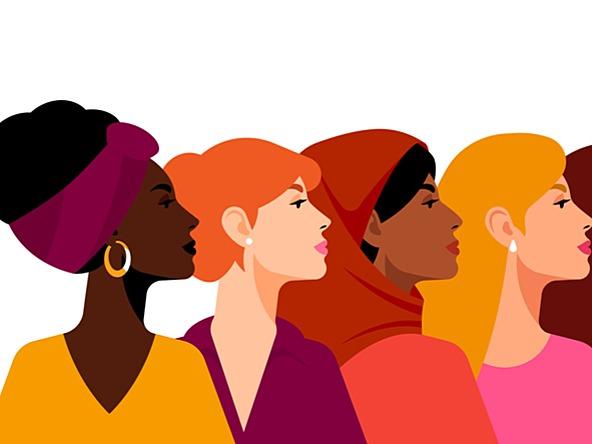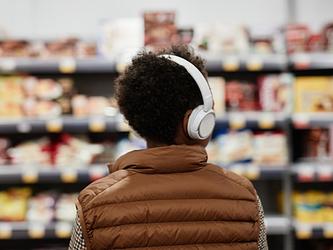Media stereotyping still rife for ethnic minority women

Eight out of ten ( 81%) said discrimination is widespread in the UK and 63% think it’s getting worse, according to a survey carried out by UM for the Unstereotype Alliance, an advertising and media industry-wide initiative convened by UN Women to tackle stereotypes.
More than a third ( 37%) of participants said they “don’t feel like an equal citizen”. A third ( 31%) said they experience subtle acts of racism at least monthly, while a quarter ( 23%) experienced overt and explicit acts of racism just as often.
In addition, more than a third ( 37%) said they feel pressure to look a certain way in order to fit in with those around them.
The poll canvassed 2,000 UK women from a wide range of ethnic minority backgrounds, including black African and Caribbean, jewish, white continental European, Middle Eastern, southeast Asian and southern Asian.
Many of these women highlighted the media and advertising as contributing factors to negative perceptions: more than a quarter ( 26%) said their ethnic group is portrayed negatively in ads, with females of Middle Eastern ( 30%) and black Caribbean descent ( 29%) most likely to feel that way.
Invisibility is equally a challenge in advertising and felt acutely by women from certain backgrounds: notably 52% of Middle Eastern women, 50% of southern Asian women and 48% of jewish women said they rarely or never see people from their ethnic group in ads.
Authentic representation in advertising across a range of products and services was seen as rare, with brands in the entertainment ( 34%), clothing/fashion ( 32%) and dating app ( 31%) industries seen as the worst offenders when it comes to stereotyping.
YouTube was singled out as the best media/advertising channel for representing ethnic minority groups by nearly half ( 49%) of those surveyed, followed by traditional linear television ( 47%).
However, advertising on social platforms was seen as far less inclusive: only 36% recognised people from their ethnic groups represented in ads on Instagram and 27% in Facebook ads, while Twitter ads came in last place at 22%.
Traditional media other than TV also scored poorly: only a quarter of the sample felt radio and newspaper advertising (both 25%) show enough representation of their ethnic groups.
Despite these shortcomings, many minority women agreed that brands and advertisers have a key role to play in reducing discrimination and stereotyping. They were seen as the second most influential factor in tackling UK inequality and injustice after “famous role models”.
Moreover, nearly three-quarters ( 72%) said they would be more likely to buy products and services from brands and companies who show people from their ethnic groups in a positive and authentic way in their ads.
Melda Simon, UK Lead for the Unstereotype Alliance at UN Women, commented: “What we see and hear in advertising and on media channels affects how we see ourselves and the world around us. This research demonstrates the importance of approaching intersectionality through a culturally nuanced lens that considers the experiences of people from a variety of comunities.
“The advertising, media and creative industries are all about influence, so there’s no more logical partner as we go about trying to rid society of the ingrained stereotypes that are holding back humanity.”

We hope you enjoyed this article.
Research Live is published by MRS.
The Market Research Society (MRS) exists to promote and protect the research sector, showcasing how research delivers impact for businesses and government.
Members of MRS enjoy many benefits including tailoured policy guidance, discounts on training and conferences, and access to member-only content.
For example, there's an archive of winning case studies from over a decade of MRS Awards.
Find out more about the benefits of joining MRS here.













0 Comments